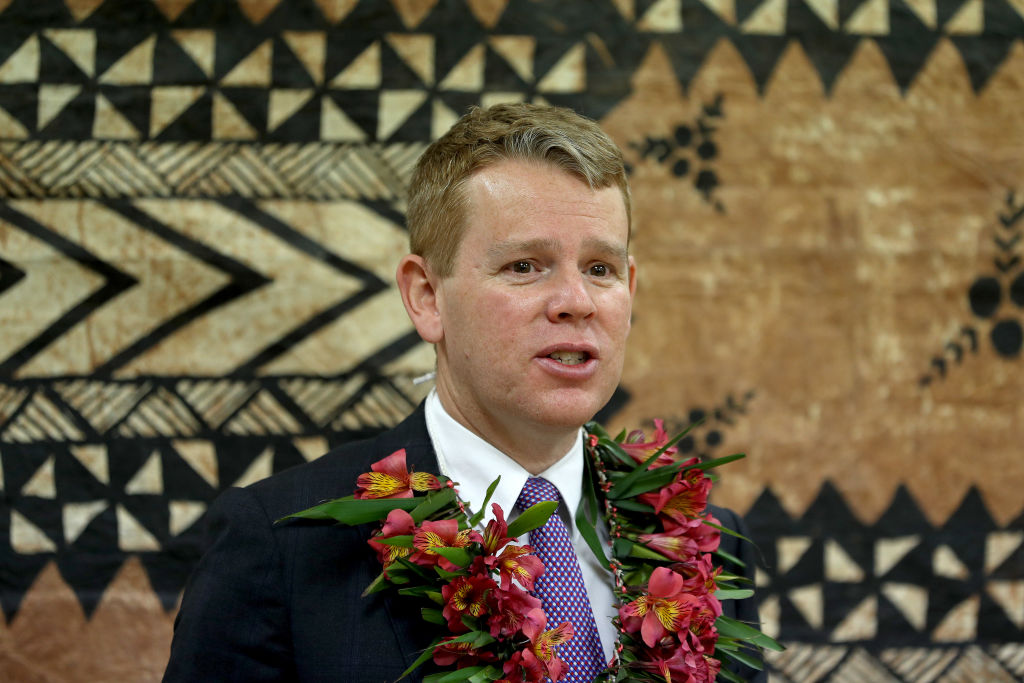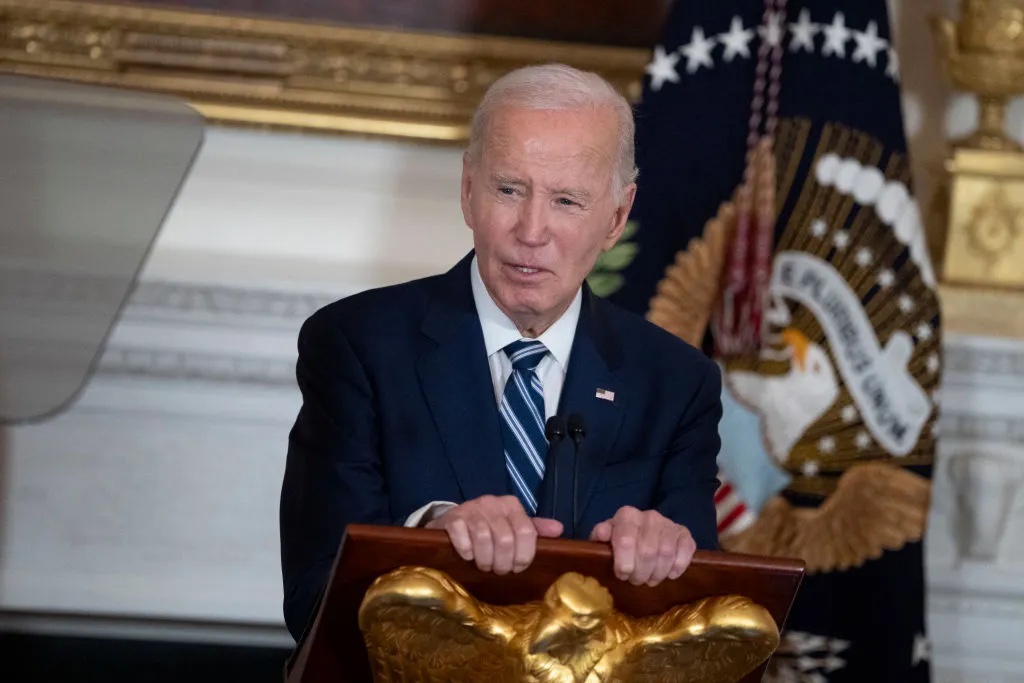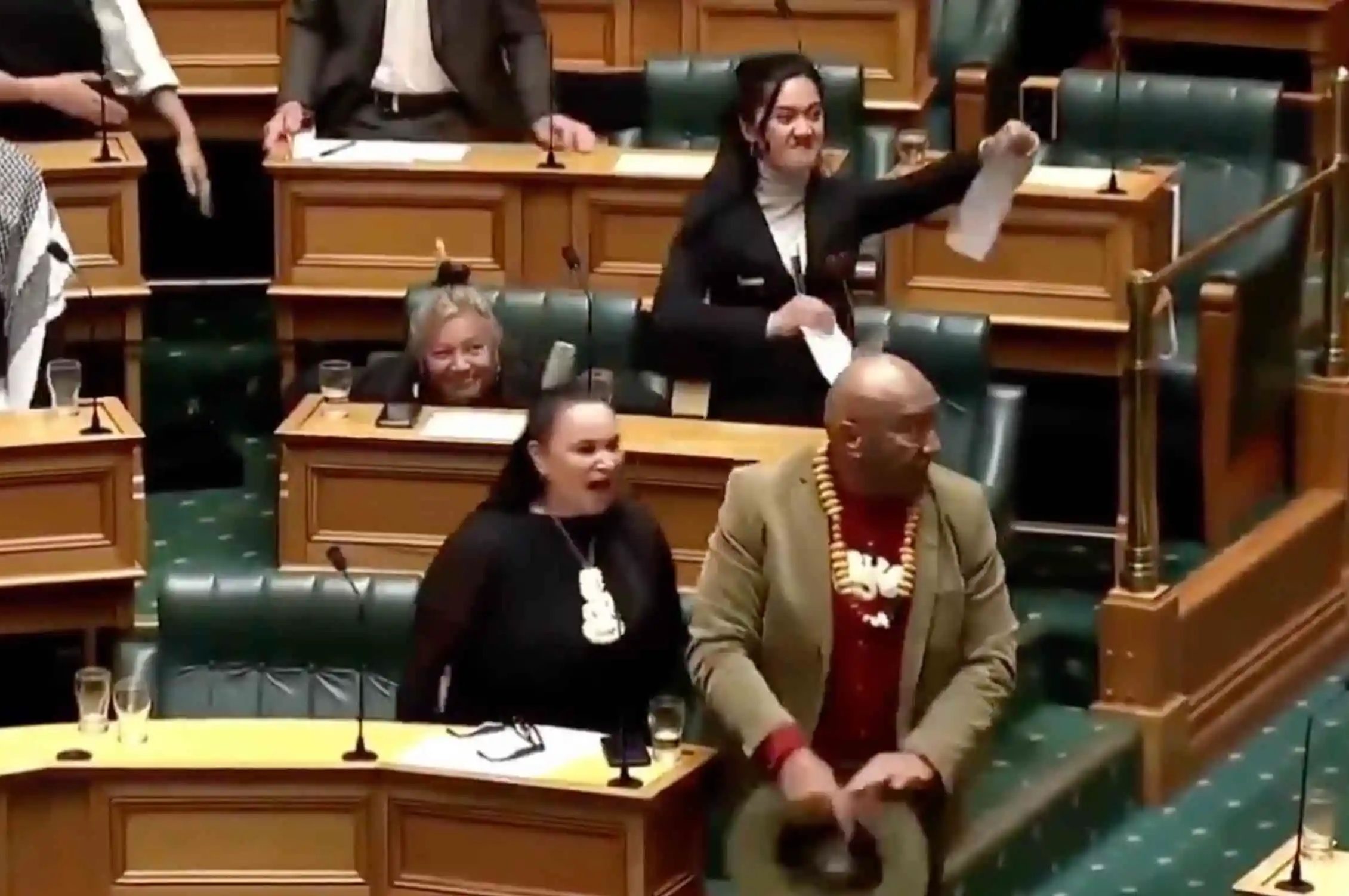It’s all going wrong for New Zealand’s prime minister Chris Hipkins. Hipkins’s laidback, convivial persona and managerial skills were seen as a welcome contrast after the loftier ambition but patchy results of his predecessor, Jacinda Ardern. But a series of political scandals and blunders means Kiwis are rapidly tiring of their leader.
The latest trouble involves transport minister Michael Wood, who has been “stood down” after he failed to declare shares in Auckland airport when he became an MP. Hipkins described Wood’s ownership of the stock while he was regulating the aviation industry as “not acceptable.”
“I’m not sure that Michael himself even has a really good explanation for that,” the PM said. “It would simply be one of those life-admin tasks that he doesn’t seem to have gotten around to.”
Wood himself eventually shared light on the nature of that “life-admin task.”
“I needed information back from the share register that didn’t arrive, I think because they had an old email address and, in the reality of the fairly busy life that I have, I didn’t get back to it,” Wood said.
Time is running out for Hipkins to enforce discipline among his ranks
For a senior member of a left-leaning, social-democratic party to say he hadn’t found time to deal with such a matter hardly seems ideal.
Wood was only “stood down,” rather than resigning or being fired. As a result, he has kept his workplace relations and minister for Auckland portfolios. Hipkins said Wood retained his confidence for now, describing the minister as “hardworking and conscientious.” But this scandal is far from over.
National Party leader Christopher Luxon said the situation with Wood speaks to Hipkins’s “weak leadership.” “He hasn’t got his team gripped up,” he said. Leader of the libertarian Act Party, David Seymour, said Wood should not be allowed to continue on as a minister, implying, rather grandly, that there might potentially be global implications:
If Chris Hipkins keeps Michael Wood as a minister, he is telling every New Zealander, and the world, that the government may be working for its public interest, or perhaps for its members’ private interests. Who would know?
The worrying thing for Hipkins may be a wider narrative of ministerial mishaps that is forming in relation to his government. Hipkins’s supposed managerial nous and discipline has been absent in his dealing with his parliamentary team.
In May, Labour ministers and Members of Parliament were caught off guard when colleague Meka Whaitiri defected to the Maori party, Te Pāti Māori. Whaitiri returned to parliament shortly afterwards, speaking in vague terms about her motivations.
“Freedom. Liberation, as to talk on those issues that matter to our people and unashamedly without any censoring, and I’m going to do that for the people I represent going forward,” she told reporters.
Labour’s MPs were none the wiser about exactly why she had left their ranks.
The party’s Māori caucus co-chair Willie Jackson, tried to ponder her rationale: “Maybe we just didn’t know her like we thought we knew her,” he said. “She was very close to us — I mean, very very close to us, and she chose not to reply to a number of messages. Maybe we saw things differently.”
In March, Marama Davidson, co-leader of the Greens — who are in coalition with Labour — apologized to Hipkins for saying, “It is white cis men who cause violence in the world.”
Earlier that month, police minister Stuart Nash resigned after criticizing a judge’s sentencing and calling his police commissioner “mate” to ask “surely you are going to appeal?”
Nash offered an apology to his family. He said his wife had often commented that he needed to work on his emotional intelligence:
She’s right, so it’s time to take her very sage advice as I embark on the next phase of my journey.
With a general election to be held in October, time is running out for Hipkins to enforce discipline among his ranks — and stave off being ousted by the New Zealand electorate.
This article was originally published on The Spectator’s UK website.

























